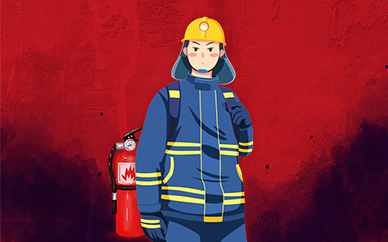1. (表示条件)如果 ,主句用将来时,if从句用现在时表示将来 。2. (表示虚拟)假如,要是3.时态:可以表示过去,现在和将来的情况。它的基本特点是时态退后。4.同现在事实相反的假设。 句型 : 条件从句 主句 一般过去时 should( would) +动词原形 。

1. (表示条件)如果 ,主句用将来时,if从句用现在时表示将来
He will come if you invite him.
如果你请他,他会来的。
2. (表示虚拟)假如,要是 1)时态:可以表示过去,现在和将来的情况。它的基本特点是时态退后。
a. 同现在事实相反的假设。
句型 : 条件从句 主句
一般过去时 should( would) +动词原形
If they were here, they would help you.
b. 表示于过去事实相反的假设。
句型: 条件从句 主句
过去完成时 should(would) have+ 过去分词
If she had worked harder, she would have succeeded.
The rice would not have been burnt if you had been more careful.
If my lawyer had been here last Saturday, he would have prevented me from going.
If he had come yesterday, I should / would have told him about it.
含义:He did not come yesterday, so I did not tell him about it.
If he had not been ill and missed many classes, he would have made greater progress.
含义: He was ill and missed many lessons, so he did not make greater progress.
c. 表示对将来的假想
句型: 条件从句 主句
一般过去时 should+ 动词原形
were+ 不定式 would + 动词原形
should+ 动词原形
If you succeeded, everything would be all right.
If you should succeed, everything would be all right.
If you were to succeed, everything would be all right.
3. 是否 = whether 连接宾语从句
I wonder if she is ill.
if虚拟语气的三种形式:①对现在情况的虚拟、②对过去情况的虚拟、③对将来情况的虚拟。
1虚拟语气if的用法
1、表示与现在事实相反的情况:
从句:If+主语+动词一般过去时(Be动词用were)。
主句:主语+ should/would/might/could+do。
2、表示与过去事实相反的情况:
从句:If+主语+had+done。
主句:主语+should/would/might/could+have done。
3、表示与将来事实相反:
从句:①if+主语+were to do。
②if+主语+should+do。
③if+主语+动词一般过去式(be动词用were)。
主句:主语+should/would/might/could+do。
2if的例句
I could do it now, if you like.
如果你愿意的话,我现在就可以做这事。
You can come with us if you want to.
如果你愿意可以跟我们一起来。
Put your hand up if you need more paper.
若有人还要纸,请举手。
He must be 70 if he's a day!
他至少70岁了!
I don't care if I never see him again!
即使我永远再也见不到他,我也不在乎!











